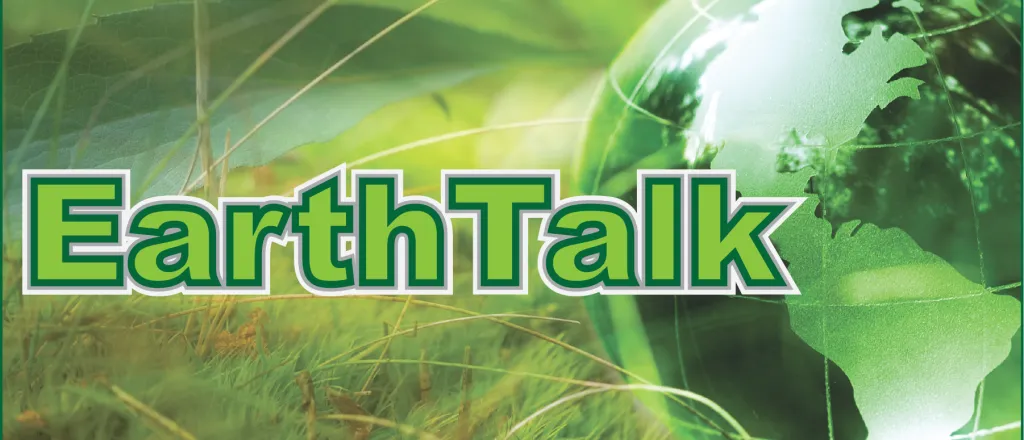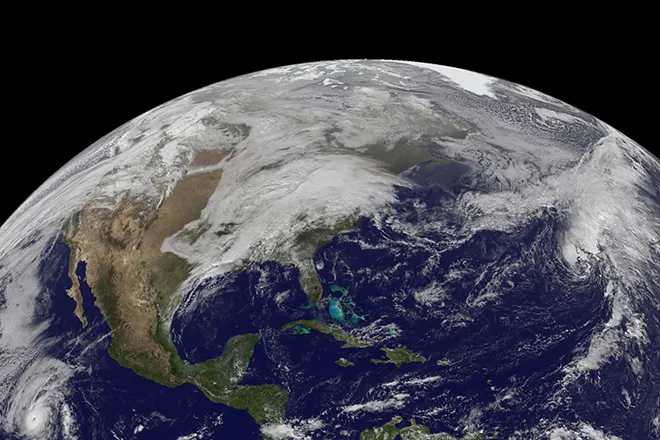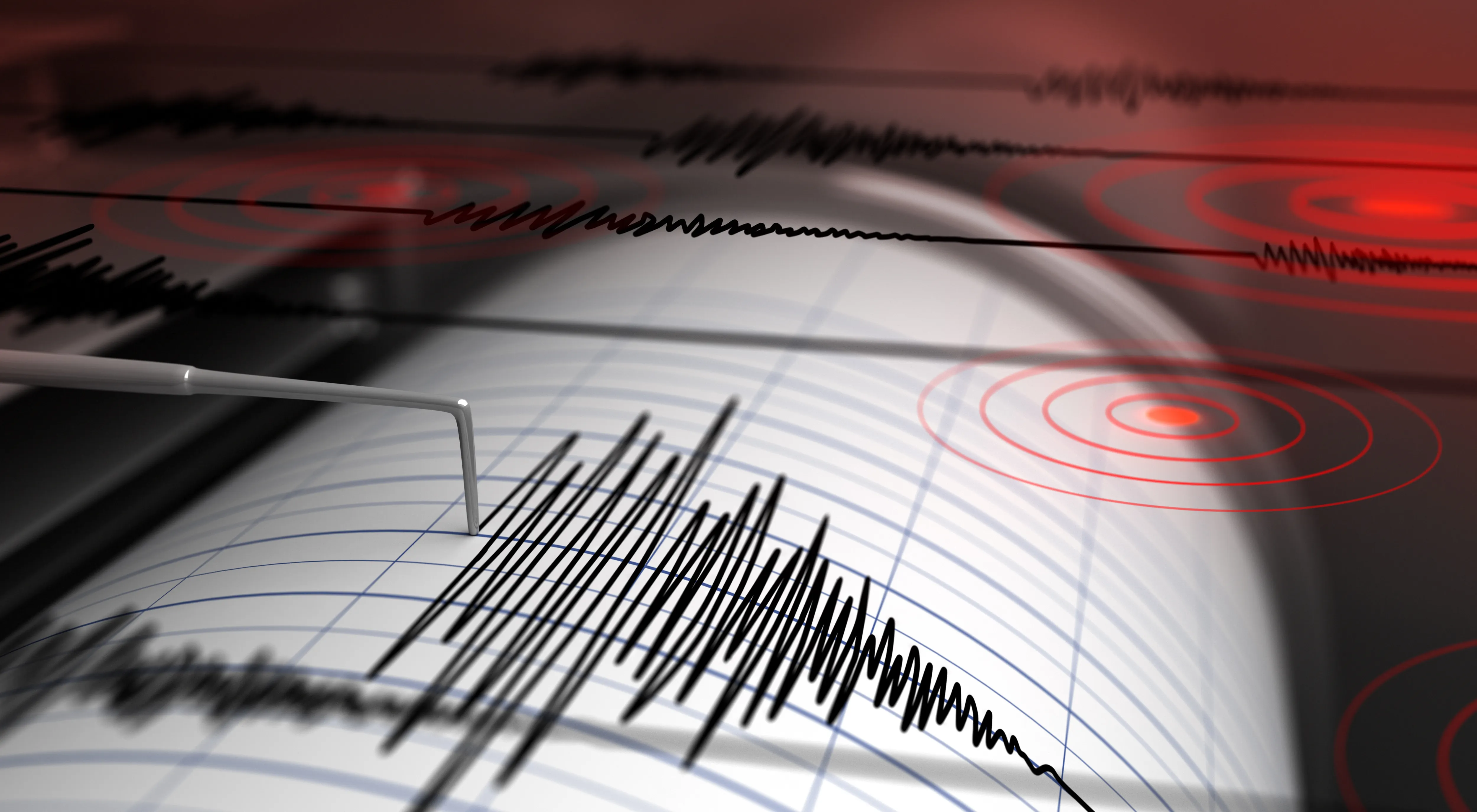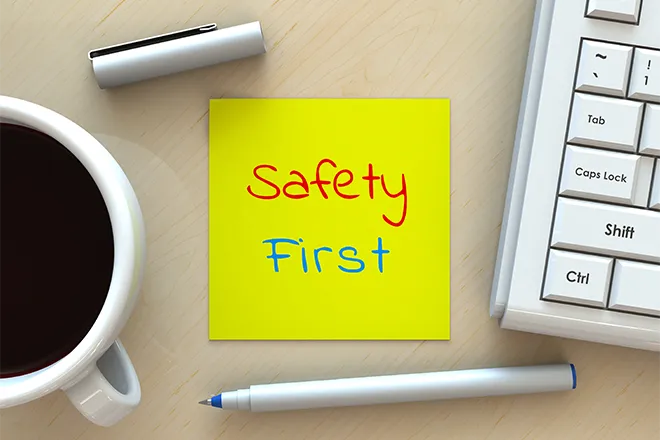
EarthTalk - How is the ecology of the Chesapeake Bay doing?
©
Dear EarthTalk:
How is the ecology of the Chesapeake Bay doing? Have clean-up efforts in recent years been effective?
H.M. Smith, Portland, OR
The Chesapeake Bay has long been one of the most closely watched and studied bodies of water in the U.S. After decades of heavy pollution, major efforts were launched to clean up the Bay and restore its ecosystems. Progress has been made in some areas, but the Bay is not improving as quickly as hoped.
The University of Maryland Center for Environmental Science (UMCES) gave the Bay a 50 percent health score in its 2024 report card, a drop from 2023, due in part to weather extremes that caused excess nutrient runoff. Intense storms followed by long dry spells made it harder for vegetation to absorb pollution before it reached the water. Bill Dennison a scientist at UMCES, explained that extreme rainfall washed too many nutrients into the Bay. When nitrogen and phosphorus from farms, lawns and roads reach the water, they feed algae blooms that reduce oxygen and harm fish and other marine life. Over the past decade, clean-up programs have focused on reducing these nutrient loads. Some gains have been made, but non-point sources like farm runoff and stormwater have proven hard to manage. The program set 2025 as a target for meeting major restoration goals. With just months left, many goals will likely fall short, but Pennsylvania, Maryland and Virginia are working to invest more resources.
There are also signs of stress in the Bay’s wildlife. The 2025 blue crab survey reported one of the lowest crab counts since record-keeping began. Striped bass populations are struggling too, partly due to warmer water and changing salinity. Despite the challenges, conservationists remain hopeful. Alison Prost of the Chesapeake Bay Foundation said the Bay has seen real gains from past investments and that there is still a path forward. She added that more enforcement and better funding will be key to continuing progress.
Looking ahead, experts say stronger collaboration between states, clearer accountability, and a focus on reducing pollution at its source will be needed. Without sustained action, the Bay could lose much of the ground it gained over the past 20 years. Advocates stress the importance of community involvement. Local groups across the Bay watershed continue to lead shoreline cleanups, tree plantings and public education efforts.
CONTACTS
- A new take on Chesapeake Bay cleanup goals: What’s in, what’s out? https://www.bayjournal.com/news/fisheries/a-new-take-on-chesapeake-bay-cleanup-goals-what-s-in-what-s-out/article_518e5abd-5bb6-4fe5-8bfd-3e3b1dedb214.html
- The Chesapeake Bay Program Isn't Likely to Hit Its 2025 Cleanup Goals. What Happens Next? https://insideclimatenews.org/news/26062024/chesapeake-bay-program-flunked-2025-cleanup-goals/.
EarthTalk® is produced by Roddy Scheer & Doug Moss for the 501(c)3 nonprofit EarthTalk. See more athttps://emagazine.com. To donate, visit https://earthtalk.org. Send questions to: question@earthtalk.org.

















